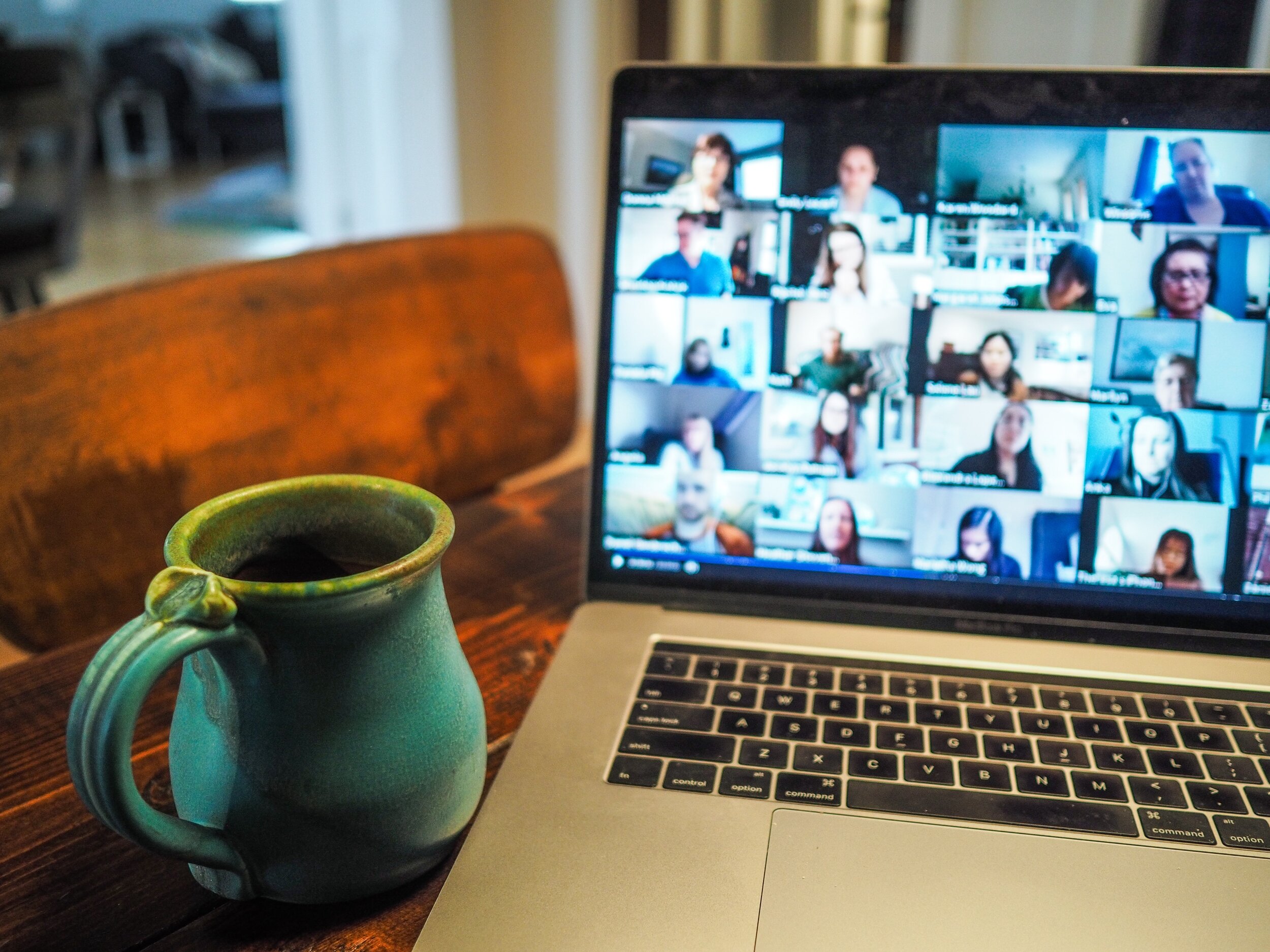Relationships

Often we may feel we have to brave through stress and worry, and that this is the only way to tackle the holiday: by grinning and bearing it. While this may seem like the best option in the short-term, when you add up the holidays each year and multiple by the many years you may manage holiday stress, this can seem overwhelming. The holidays are not a mental health sprint, but a marathon thus why not strategize on how to make the most of the holidays. Read below for some tips and tricks to manage stress during the holiday season.

Getting a text or call from a friend, family member, or romantic partner with the words, “We have to talk”, always evokes a bit of anxiety. Whether you’re the one delivering this statement or receiving it, we all definitely don’t enjoy this phrase and what often follows. Are there ways to talk without having to use this phrase? Absolutely. This post aims to provide you with a way to communicate with others, never having to use this statement.

With so many ways to communicate whether in-person, phone, or the many social media apps we can access 24/7, introverts are often viewed as odd for their lack of expressing an opinion whether with friends or in a meeting. Introverts are often described as individuals who do not like prolonged social interactions and may feel uncomfortable in large social gatherings. Introverts don’t mind remaining isolated for extended periods, however this gives them time to engage in thinking and dreaming!

We’ve all experienced the negative effects of social media at some point in time and we have either all taken a break or have had our friends and family take social media breaks for a time. We know that taking a break can help reduce our stress levels. Research is limited, however has revealed that a little break from social media can relieve physiological symptoms of stress, at least in the short-term.

Zoom calls have taken over. A few meetings in the morning, virtual learning, seminars over Zoom, a doctor’s visit over Doxy.me and FaceTime dates with family and friends. As social distancing continues, people move from video platform to video platform throughout the day. The unintended impact of this on mental health may be what’s being referred to as “Zoom fatigue” or the “feeling of tiredness, anxiousness, or worry from one video call to the next”.

Often individuals come into therapy looking to understand and explore self-esteem as well as boost their self-esteem. Individuals develop a close, trusting relationship with their therapist and share a lot about themselves. Through this process one can begin to feel that a genuine relationship has built and that they and their therapist have mutual respect for each other. Through the therapeutic relationship, one can heal from past negative experiences and shift their perspectives around various situations and circumstances. Self-esteem is often linked to many of these.

Part of our ability to problem-solve and identify coping strategies in the moment, is the ability to analyze feelings in the moment and rethink negative thoughts. However, this isn’t as easy as it sounds. When experiencing negative thoughts and emotions, we often need the help from others, our support network, to cope. Have stable people in our support networks is crucial for our overall mental health.

Sometimes we need to revamp our relationships. All of us can think of times we need a refresh whether this be of goals, experiences, the clothes in our closet, or our beliefs, and the same rings true for our relationships. We grow and change in and out of relationships and there is no rule that you have to stay the same if you are in one. It is healthy and positive to grow and change yourself and within your relationship.

Studies report that healthcare workers are and will continue to experience psychological distress along with symptoms of anxiety and depression, managing the many stressors they face on the frontlines and how this impacts their daily lives. How can we support healthcare workers? Here are a few strategies to care for you or a loved one’s mental health at this time, especially if you are working on the frontlines.

It’s easy to get sucked into a Netflix marathon or an eight-hour video game run. However, we know that sometimes too much screen time can have a negative impact on mental health so we are constantly told to to watch our screen usage. The problem is that during the COVID-19 pandemic, when we are told to remain socially distant from others, we are often using technology and having more screen time than is typical, in order to remain connected with others, which is positive. So how can we utilize technology in positive and healthy ways as we remain socially distant?